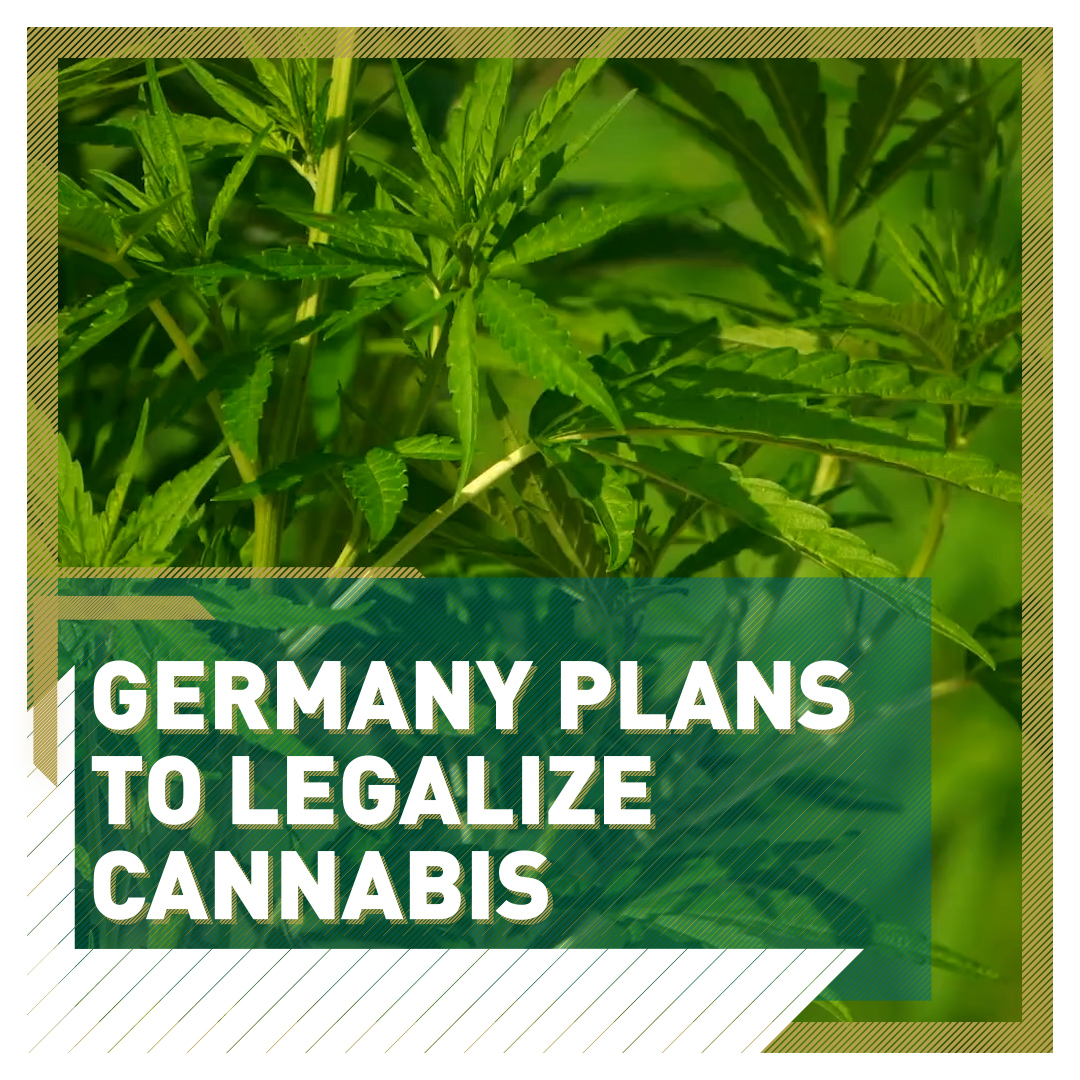Germany's coalition government said it would legalize cannabis when Chancellor Olaf Scholz entered office in 2021. The Green Party has been a powerful voice for decriminalization, but the announcement came from Health Minister Karl Lauterbach of the Social Democrats.
00:59

What is the proposal?
The plan revealed by Lauterbach is to regulate the production and distribution of cannabis, for adults. Buying and smoking up to 20 to 30 grams of recreational cannabis for personal consumption would be made legal.
Germans would also be allowed to grow up to three plants at home, again for their own use.
"If this law comes to pass, it would be the most liberal project to legalise cannabis in Europe, but also the most regulated market," Health Minister Karl Lauterbach said.
Some 4 million people consumed cannabis in Germany last year, 25 percent of whom were between ages 18 and 24, Lauterbach noted.
"We don't want to expand cannabis consumption but to improve the protection of youth and health," he added.

German cannabis could be sold legally from 2024. /Menahem Kahana/CFP
German cannabis could be sold legally from 2024. /Menahem Kahana/CFP
How likely is it to happen?
At this stage the policy is in "discussion" phase. One major hurdle could be EU law, which might force the government in Berlin to re-think the plans.
The current white paper will be presented to the European Commission, which will provide a "pre-assessment" before German lawmakers see legislation or are given a vote.
Importantly, the German government is positioning its reform as a "regulatory" move, not full legalization. It means it will levy taxes on cannabis sales, and maintain restrictions based on age of the buyer and potency of the drug.
Health minister Lauterbach said the government does not want to recreate the system in the Netherlands, where small purchases from registered shops are "tolerated" but still technically illegal.
"What we have learned from the Dutch experience is that we don't want to do it that way", he said. "We want to control the entire market." It is thought the extra layers of regulation may lessen EU lawmakers' concerns.
What do they expect to gain?
The government will introduce a special consumption tax, and develop cannabis-related education and abuse prevention programs, as Lauterbach's aim is not "cannabis tourism" but actually cutting the number of young Germans who access drugs on the potentially dangerous black market.
Legalising cannabis could bring Germany annual tax revenues and cost savings of about $4.7 billion and create 27,000 new jobs, according to proponents of the idea.
How does it compare to other countries?
Last year Malta became the first EU member state to legalize recreational cannabis. Maltese adults are allowed to grow four plants and have 7g of cannabis on their person. However, strict fines remain in place for smoking in public or in the presence of children.
Spain has also effectively decriminalized cannabis, in small amounts. Consumption and possession of up to 100g in private spaces is allowed, but the sale of the plant is restricted to "social clubs." Regulations have regional differences too - which is why there are 500 cannabis clubs in Spain, and around 400 are located in Catalunya.
The Netherlands has allowed social club-like businesses to sell cannabis since 1976. But in wider society the drug remains illegal. Adults can buy up to 5g daily in "coffeeshops" and smoke there. Commercial cultivation or marketing of cannabis is illegal.
Switzerland has decriminalised possession of small amounts of mild cannabis (below 1% THC) for personal use. Medicinal cannabis is legal and can be prescribed by doctors.
In Italy possession of 1.5g or less for personal use is tolerated, and medicinal cannabis is legal, but recreational cannabis remains illegal.
Video edited by Thomas Triebel